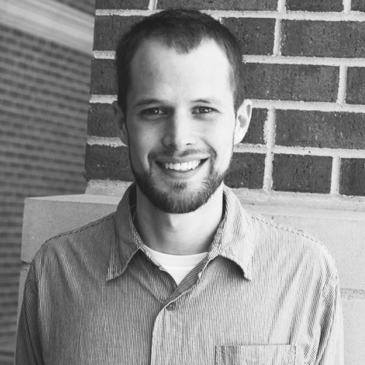Russell Weaver, Ph.D., is a geographer, quantitative social scientist, and Director of Research at the Cornell ILR School Buffalo Co-Lab. He was previously an associate professor in the Texas State University Department of Geography, where he taught courses in community geography, community development, urban planning, geographic thought, and quantitative data analysis. Dr. Weaver’s research programs are aimed at understanding and contributing to pathways for context-sensitive, sustainable, and equitable community change. He is the lead author of the book “Shrinking Cities: Understanding Urban Decline in the United States.” Find him on Twitter @RustBeltGeo.
Course Overview
You may feel like the defining challenges of our modern era, such as racial and economic inequality and climate change, are problems that cannot be solved. Perhaps you believe you don't have the agency or power to make this world a better and more equitable place. You may be well intentioned but feel that you just can't do much to create real and lasting change. If you ever want to break this cycle, you need to change the way you think. You need to recognize that you have agency and identify exactly where you can exercise it in pursuit of change that is meaningful and lasting.
This course delves into how you can take part in this important shift by learning to use the tools of systems thinking and power analysis. You will create a map of the system that is generating a persistent racial, social, or economic inequity that you aim to change. Using power analysis, you will then identify those actors and institutions that are supporting or blocking change, and you will determine where in this network of power to exert pressure for change. Finally, you will build a theory of change connecting short-term changes that are possible in the present through a series of logical steps to your vision for a more equitable future.
Key Course Takeaways
- Use systems thinking to clarify the current reality that is causing a persistent inequity in your community
- Perform a power analysis to identify the actors and institutions involved in blocking or advancing change in your community
- Develop a theory of change that offers a clear and consistent roadmap for creating equitable change in your community

Download a Brochure
Not ready to enroll but want to learn more? Download the course brochure to review program details.How It Works
Course Author
Who Should Enroll
- Activists and community development organizers and practitioners
- Policy makers and political staff
- Public interest lawyers and advocates
- Leaders and members of organized labor organizations
- Urban planners and strategic planning agencies
- Social workers
- Grant writers
- Educators
- People interested in engaging in community change
100% Online
cornell's Top Minds
career


